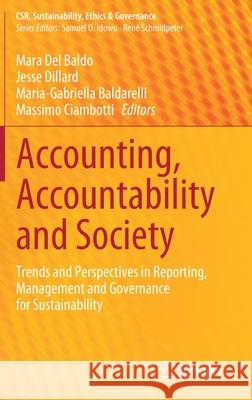Accounting, Accountability and Society: Trends and Perspectives in Reporting, Management and Governance for Sustainability » książka
topmenu
Accounting, Accountability and Society: Trends and Perspectives in Reporting, Management and Governance for Sustainability
ISBN-13: 9783030411411 / Angielski / Twarda / 2020 / 280 str.
Accounting, Accountability and Society: Trends and Perspectives in Reporting, Management and Governance for Sustainability
ISBN-13: 9783030411411 / Angielski / Twarda / 2020 / 280 str.
cena 645,58
(netto: 614,84 VAT: 5%)
Najniższa cena z 30 dni: 578,30
(netto: 614,84 VAT: 5%)
Najniższa cena z 30 dni: 578,30
Termin realizacji zamówienia:
ok. 22 dni roboczych.
ok. 22 dni roboczych.
Darmowa dostawa!
Kategorie:
Kategorie BISAC:
Wydawca:
Springer
Seria wydawnicza:
Język:
Angielski
ISBN-13:
9783030411411
Rok wydania:
2020
Wydanie:
2020
Numer serii:
000464707
Ilość stron:
280
Waga:
0.63 kg
Wymiary:
23.39 x 15.6 x 2.06
Oprawa:
Twarda
Wolumenów:
01
Dodatkowe informacje:
Wydanie ilustrowane











